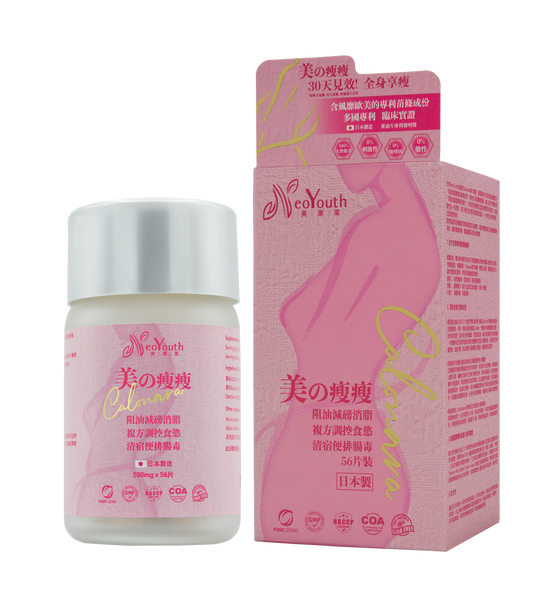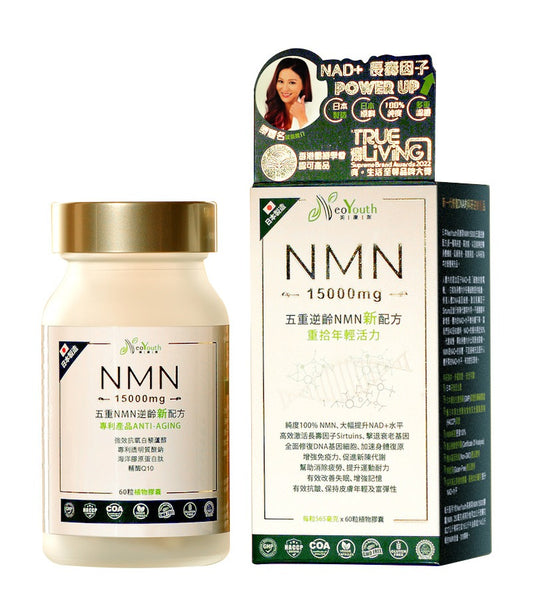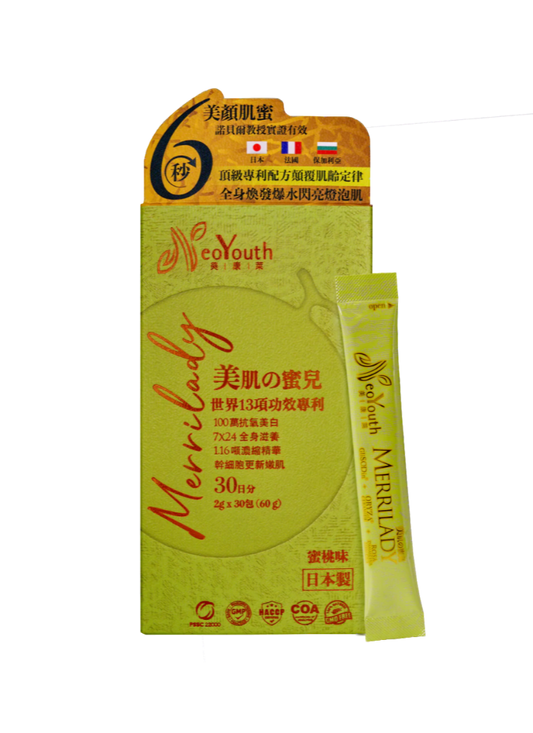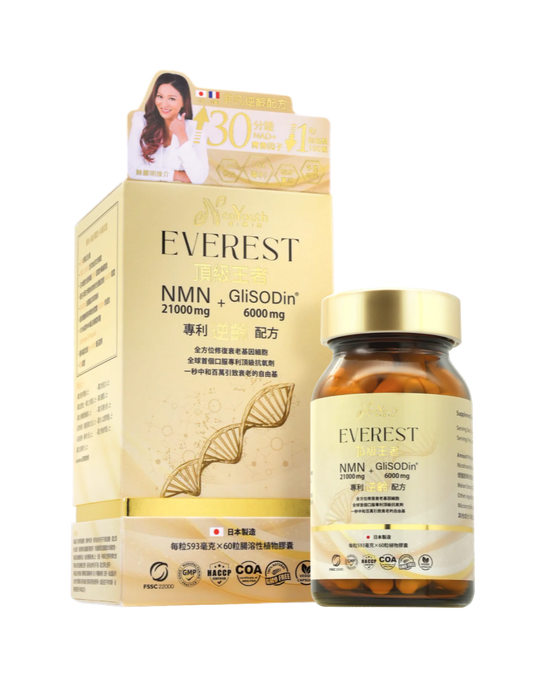Hong Kong people often work long hours, experience high stress, and lack of rest, which can easily lead to memory decline and gradual deterioration of brain function. Memory decline is a common urban phenomenon in Hong Kong, caused by factors such as stress, lack of sleep, malnutrition, lack of mental activity, and age. To prevent premature aging, I'd like to share some methods and dietary suggestions to improve memory.
Healthy Eating: Diet is crucial for brain function. Nutritionists recommend a diet rich in vegetables, fruits, whole grains, healthy protein, and healthy fats, especially foods rich in Omega-3 fatty acids, such as salmon, flaxseed, nuts, and olive oil. Eating deep-sea fish containing Omega-3 can not only lower blood lipids and prevent cardiovascular disease, but also help improve memory and learning ability. For middle-aged and elderly people, eating fish can help prevent memory decline and avoid Alzheimer's disease (commonly known as senile dementia).
Consuming health supplements: Commercially available health supplements such as NMN , or nutritional supplements containing resveratrol, Omega-3 fish oil, and Coenzyme Q10 , can effectively improve cognition and enhance memory. They are convenient and provide sufficient intake to meet the body's needs.
Moderate exercise: Aerobic exercise can promote blood circulation, providing sufficient oxygen and nutrients to the brain, which helps improve memory. Three times a week, 30 minutes a day, of moderate-intensity aerobic exercise is beneficial to the overall body. So even if you are busy, you can consider doing some simple and short stretching exercises at the office or at home regularly to give your brain a rest.
Get enough sleep: Sleep is beneficial for memory and learning. Adults generally need 7 to 9 hours of sleep. At the same time, avoid any strenuous exercise before bed, and do not play video games or look at your phone to improve sleep quality.
Brain activity : Keeping the brain active and engaging in challenging activities can stimulate the connections between neurons. Occasionally playing brain games such as Tetris, puzzles, crossword puzzles, and learning new skills can help improve attention and short-term memory, while also reducing the risk of cognitive impairment in older adults.
Reduce stress: Long-term or chronic stress can negatively affect memory. Although stress is unavoidable, we can try to learn stress management techniques, such as meditation, deep breathing, mindfulness, or seeking support, to relieve stress and relax.
Social interaction: Actively participating in social activities can stimulate brain function. Arranging to meet and share with friends and family, opening yourself up, and releasing negative emotions and anxieties can help shift stress and promote mental clarity.
Improve focus: Reduce distractions, such as turning off the TV or other sources of distraction, and focus on one task at a time. Once you've finished one task, you can move on to another. This will definitely help you keep your mind clear.
These are some healthy lifestyle habits and good habits to improve memory. However, everyone's situation may be different. You may want to find the methods and habits that suit you best and stick to them! I believe everyone can provide the best environment for their brain.





